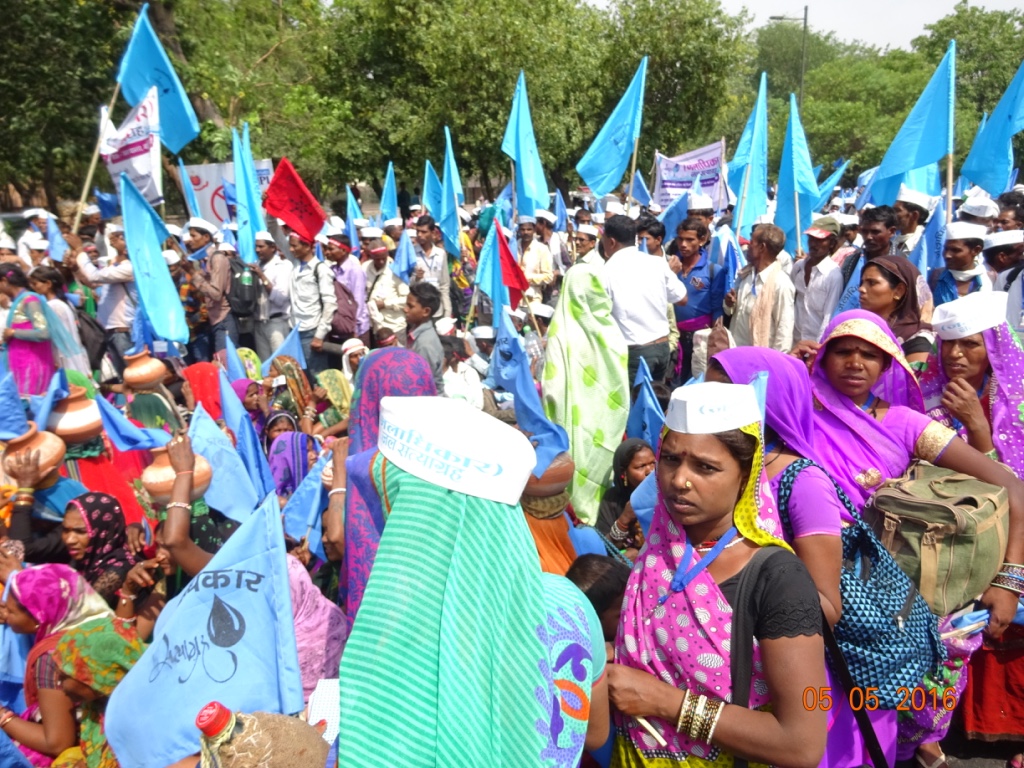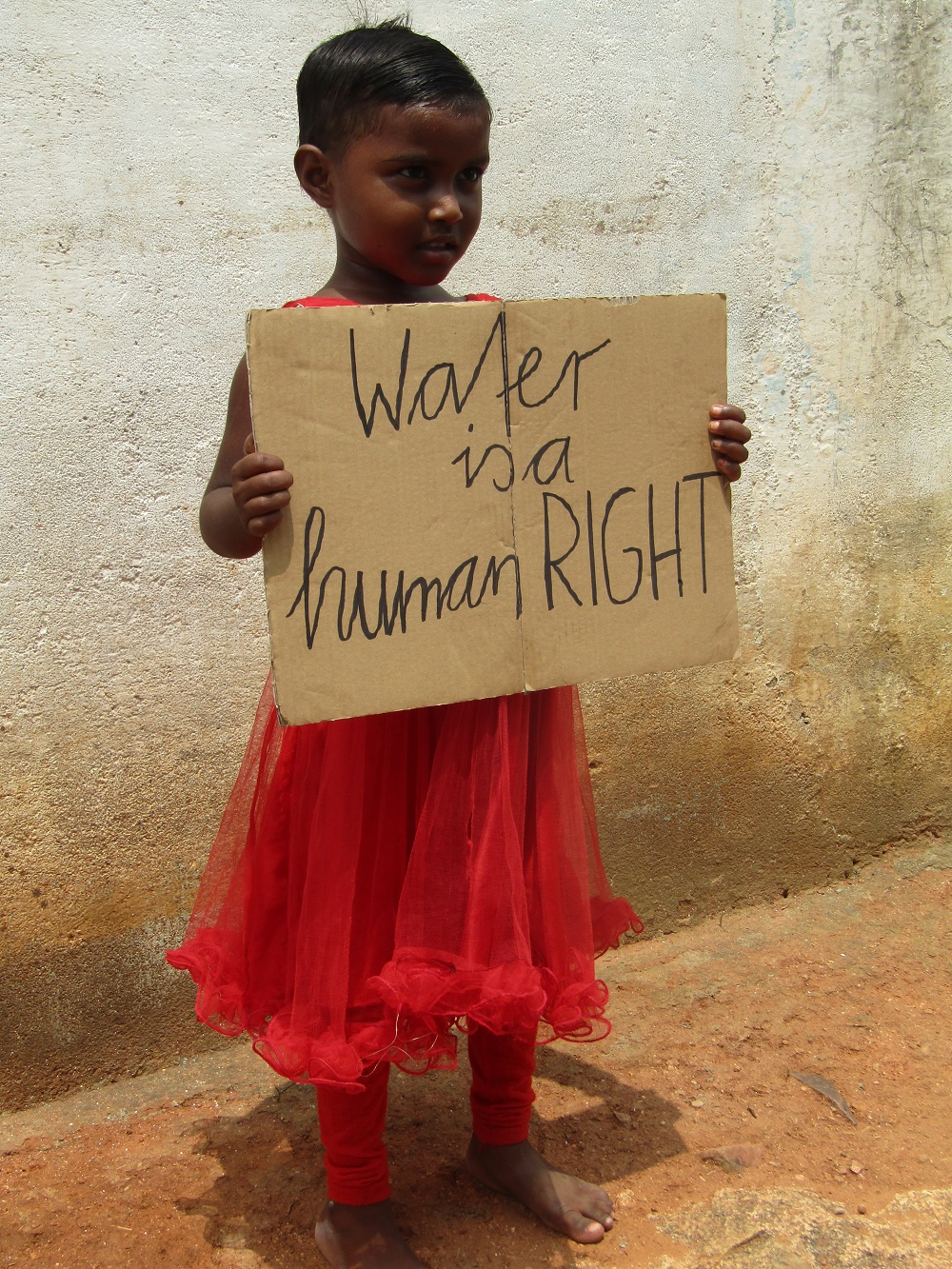Jan Jan Jobo Abhiyan (JJJA)
Community Initiatives to Increase Water Literacy in India
The Jal Jan Jodo Campaign (JJJA) started in year 2013, now has strong presence in 22 states of India. Its core objectives have been centred round not only water issues but also the rights of the communities that do the region adjoining the traditional water resources.
Through the initiative, Parmarth has strengthened people’s capacities to cope with livelihood pressures to regain rights and responsibilities over traditional water resources and to create interest for regenerating these resources. We have also built a model of local community based decentralized management for community water sources in every state of India. In this way, we have built a Water Resource Centre in every state, which takes forward the process for advocacy on water literacy, water governance and rights and community-based water management.
The JJJAcampaign has performed as a pressure group and has played a key role in the drafting and plan of the Ground Water Management and Regulation bills and acts of various state governments.
Through the initiative, Parmarth has strengthened people’s capacities to cope with livelihood pressures to regain rights and responsibilities over traditional water resources and to create interest for regenerating these resources. We have also built a model of local community based decentralized management for community water sources in every state of India. In this way, we have built a Water Resource Centre in every state, which takes forward the process for advocacy on water literacy, water governance and rights and community-based water management.
The JJJAcampaign has performed as a pressure group and has played a key role in the drafting and plan of the Ground Water Management and Regulation bills and acts of various state governments.
IMPACT
- More than 1500 social organizations, workers are involved in the campaign.
- A cadre of more than 1000 Jal Saheli has been formed in more than 300 villages.
- Five rivers are rejuvenated likeKanera, Barua, Bachedi, Sherni and Bargi.
- Water manifesto was prepared in the assembly elections and panchayat elections.
- The environment was created for the formulation of water rights law.
- Attempts were made to connect like-minded organizations by organizing camps for social and environmental leadership justice.
- More than 1 lakh people were connected through online programs to promote water literacy during the Corona period.


Future Action Plan

To establish association of society with rivers

Strengthening the Peninsular and Himalayan River Council

Organizing water literacy camps

Documenting traditional water conservation systems in India and conducting campaigns for their conservation
